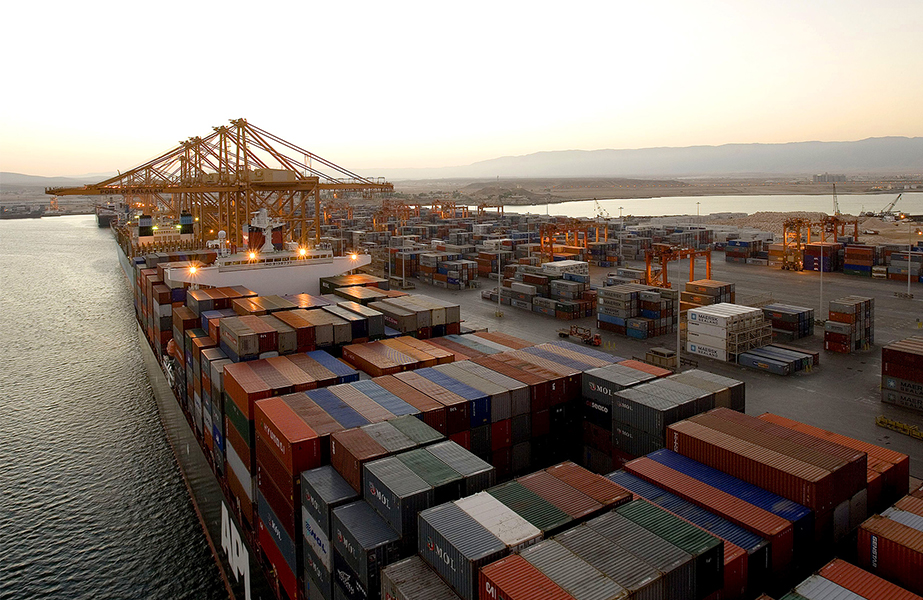The Argentine technology sector is among the most dynamic in Latin America and the recent announcement by Open AI, the pioneering artificial intelligence company, to invest more than 25 billion in datacenters in Patagonia confirms this.
The country has leading unicorns and startups in fintech, e-commerce and SaaS, and its exports of services based on the knowledge economy, of more than US$ 8900 million, place the industry as one of the country’s main sources of foreign currency.
However, these achievements coexist with a structural deficit that is only now beginning to be reversed: macroeconomic instability, inflation, and lack of legal security. This cocktail, which translates into the so-called “LATAM Discount” by global capital, causes thousands of qualified professionals to end up emigrating.
Project
A superior alternative to this situation is the one proposed by Crecimiento, a non-profit organization that brings together startups, investors, and local and global blockchain technology companies with the aim of promoting the development of the sector and establishing regulatory foundations such as the creation of the recent Tokenization Regulation together with the National Securities Commission, the Central Bank and the Financial Investigations Unit.
The organization is promoting a “Digital Zone for Argentina” based on law 24.331 on Free Trade Zones, briefing provincial government officials (each province has its own free trade zone, and some sub-zones) about this opportunity.
The idea of the document presented by Crecimiento is simple and disruptive: apply the regime of a traditional free trade zone to Knowledge Economy services. In essence, it is about creating a pilot environment with clear, predictable rules aligned with international standards. In other words, replicate the successful Uruguayan model, a pioneer in these environments to promote services, to the point that it not only managed to get Mercado Libre to set up there, but also got Google itself to install a huge data center in the Parque de las Ciencias, in Canelones.
Multiple Objectives
In this way, it would be possible to both retain local talent and attract foreign capital. The objective is none other than to retain local talent and, in passing, attract foreign capital. The ZDA would be a “regulatory innovation laboratory” that would allow the modernization of the regulatory framework through “smart deregulation.”
The central issue is how to achieve the implementation of this without the need to go through Congress, and the key would lie in a resolution from the Ministry of Economy, using its powers to regulate law 24.331 on Free Trade Zones, as argued by Crecimiento, since this would allow the launch of the first 100% online and on-chain platform in the Southern Cone without the need to enact a new law, and most importantly, without generating expenses for the public treasury.
In this scheme, the physical customs area would be replaced by a web platform that a private Operator designs and administers.
The State, for its part, adopts a role of facilitator, not an obstacle, and the initial financing falls entirely on private and external capital.
Benefits
According to the organization, the benefits projected over 10 years are ambitious and aim to transform the country’s economic structure: they estimated that the ZDA could attract cumulative Foreign Direct Investment (FDI) of between US$ 8,000 and 15,000 million in the period 2025-2035. This could mean the creation of approximately 40,000 direct jobs and some 80,000 indirect jobs.
Again, without subsidies and through indirect tax revenues generated by employment and investment.
For companies, the ZDA offers a predictable regulatory framework, access to international capital and markets without having to relocate their operations, and tax incentives that reduce costs and risks. Furthermore, it also includes the possibility of having a simplified migration regime to attract foreign professionals.
The document emphasizes that the ZDA is not a cost, but a tool to generate genuine foreign exchange and quality employment, without replacing the internal market, but rather boosting the demand for goods and services from the local economy and raising national standards.




